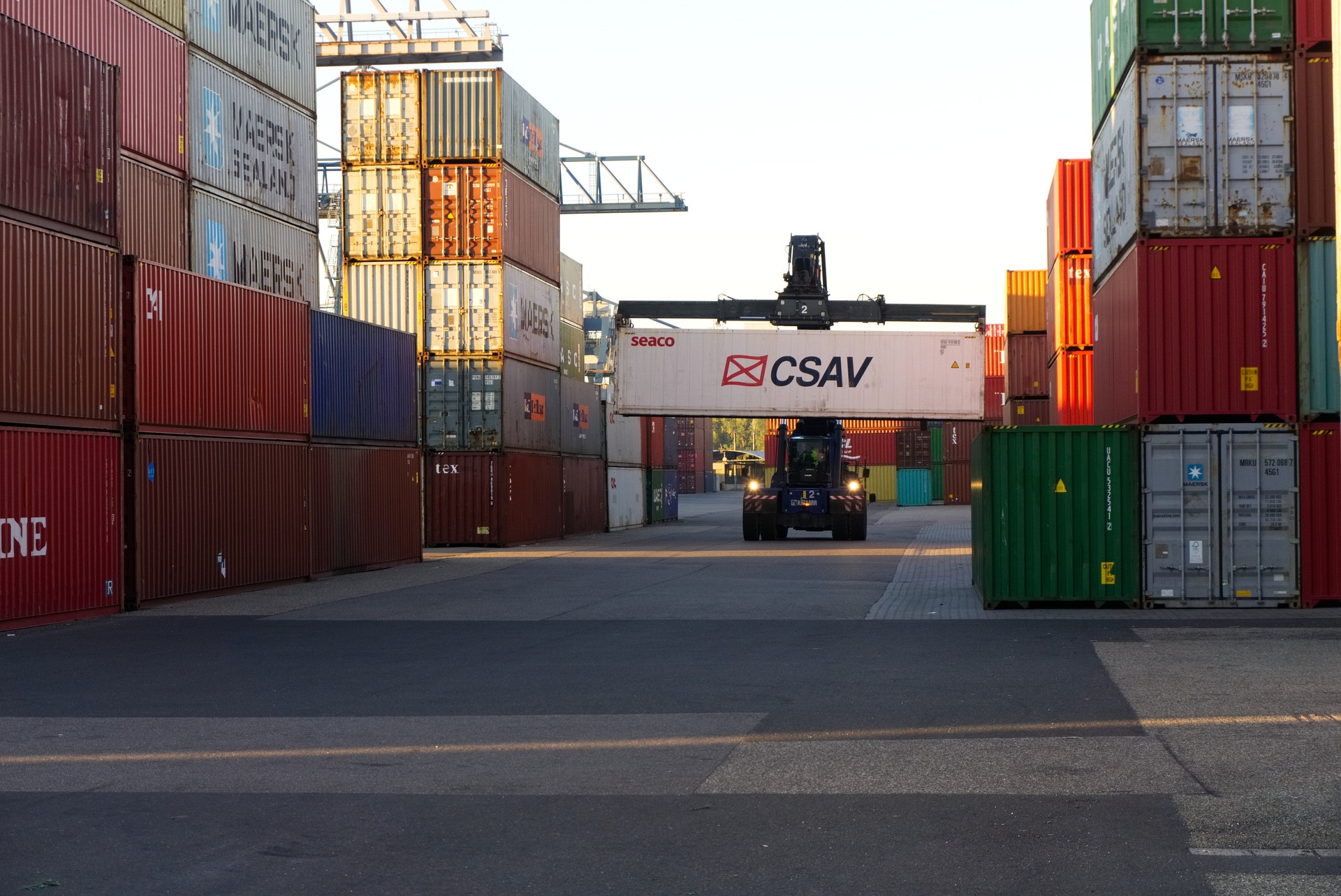
In 2024, the container throughput of Port Klang reached 14.64 million TEUs, a 4.1% year-on-year increase, setting a new historical record and is expected to enter the top ten container ports globally for the first time. Meanwhile, another major port in Malaysia, Port of Tanjung Pelepas, achieved a throughput of 12.25 million TEUs last year, bringing Malaysia's total container throughput to 30.68 million TEUs.
Malaysia's Minister of Transport, Loke Siew Fook, and the Port Klang Authority's Chairman, Ong Chong Yi, stated that the target for Port Klang is to reach a throughput of 15 million TEUs by 2025. Previously, Port Klang had a container source ratio of 60% transshipment containers and 40% import/export containers, but Ong Chong Yi mentioned that the import/export container ratio at Port Klang will increase to 50% in the future. He highlighted that Port Klang is crucial for both transshipment and import/export, possessing a stronger competitive advantage compared to other ports, such as the Port of Singapore where over 90% of throughput comes from transshipment containers.
Currently, Port Klang has a handling capacity exceeding 20 million TEUs, with Port Klang West Port at 14 million TEUs and Port Klang North Port at 6.5 million TEUs. The throughput of Port Klang West Port has surpassed 80%, reaching a saturation point. The Port Klang Authority expects an annual growth of 4% to 5% in the future, leading to the planning of an "Phase 2" expansion project for Port Klang West Port.
The terminal waterfront of Port Klang West Port will be extended by 4.8 kilometers, adding 8 berths, and the first phase of the Port Klang Port's Phase 2 will construct 4 berths, expected to be completed by 2043. Once the Phase 2 expansion plan is completed, the West Port will be able to handle an additional 13 million TEUs to meet the demand for the next 10 to 15 years.
